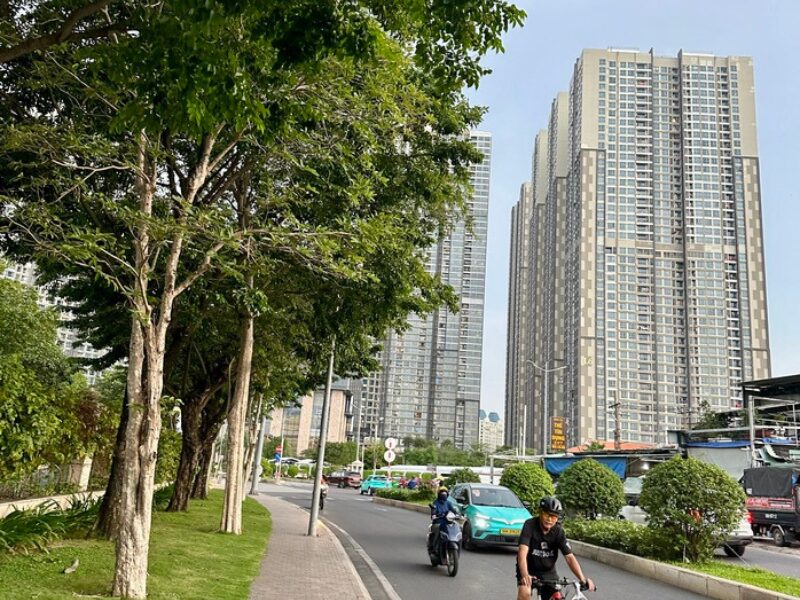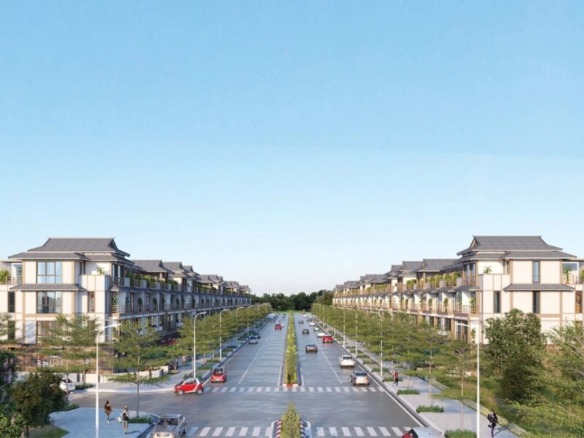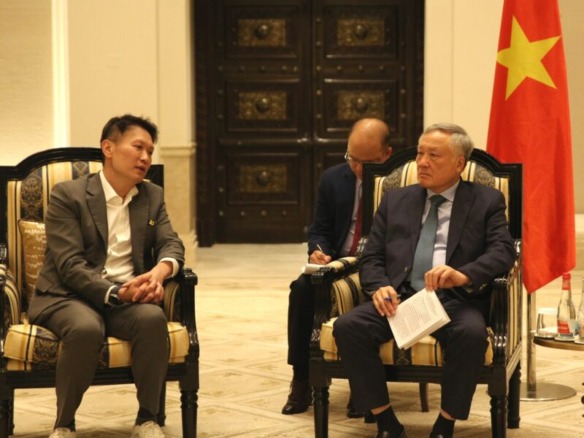Contents
Vietnam real estate surge is captivating global investors as prices skyrocket in major cities. Recent data reveals unprecedented growth, driven by robust economic factors and infrastructure developments. This trend positions Vietnam as a hotspot for international real estate investment.
Market Overview: Understanding the Vietnam Real Estate Surge
The Vietnam real estate surge continues unabated, particularly in Hanoi and Ho Chi Minh City (HCMC). According to a July 2025 report from Batdongsan.com.vn, nationwide interest in property sales jumped 13% month-over-month, while rentals rose 15%. In Hanoi and HCMC, buyer interest increased by 11%.
Furthermore, the expanded HCMC—now incorporating Bình Dương and Bà Rịa-Vũng Tàu—saw a 13% uptick in demand. This merger addresses land scarcity and fosters affordable housing options. Meanwhile, other provinces averaged 15% growth.
Foreign direct investment (FDI) in real estate reached over $4.8 billion in the first half of 2025, surging 2.4 times year-over-year. Bank credit to the sector grew 20-30%, triple the overall rate. Nearly 3,000 new real estate firms emerged, up 7%, with 2,900 resuming operations—a 51% increase.
Dramatic Price Increases Across Segments
Compared to Q1 2024, land prices climbed 44%, and apartment values soared 42%. All property types, from apartments to land plots, villas, and townhouses, experienced 10-15% demand growth versus June 2025.
Rental markets also heated up, with interest rising 9-21% by segment. Street-front house rents, stagnant for quarters, finally increased 7%. As Đinh Minh Tuấn, Southern Region Director at Batdongsan.com.vn, noted, selling prices have trended upward for two years, while rentals are just starting to adjust.
For context, Global Property Guide reports Hanoi’s apartment prices rose 29.6% to $2,865 per sqm in Q1 2025, underscoring the surge.
Key Drivers Fueling the Boom
Several factors propel this Vietnam real estate surge. Developers accelerated sales ahead of the lunar July slowdown, boosting transactions. Additionally, infrastructure inaugurations tied to Vietnam’s 80th National Day on September 2 enhanced appeal in project-heavy areas.
Economic momentum plays a pivotal role. Vietnam’s GDP growth exceeds 7%, attracting FDI and supporting urbanization. However, experts warn of potential bubbles, as seen in online discussions about overvaluation in major cities.
- Infrastructure Impact: New highways and metro lines in Hanoi and HCMC improve connectivity, elevating property values.
- FDI Inflows: Billions in foreign capital target commercial and residential developments.
- Policy Shifts: Urban expansions like HCMC’s merger create opportunities for mid-tier housing.
Insights from JLL’s Vietnam Property Market Brief highlight Hanoi’s 30% year-on-year apartment price rise by Q1 2025, aligning with these drivers.
Opportunities for International Investors
Foreign investors eye the Vietnam real estate surge for high returns. Residential and commercial segments offer diversification, especially in Hanoi and HCMC. Yet, navigating regulations is crucial—foreigners can own properties but face ownership caps.
To enhance credibility, consider market stabilization in HCMC, where prices dipped slightly before rebounding. This creates entry points for savvy buyers. Moreover, Vietnam’s commercial real estate market is projected to grow at 13.8% CAGR through 2030, per industry forecasts.
For deeper analysis, Vietnam Briefing outlines why the country ranks as Southeast Asia’s top investment destination in 2025.
Future Outlook and Considerations
Looking ahead, the Vietnam real estate surge may persist, fueled by sustained FDI and urban growth. However, monitoring credit policies and global economic shifts is essential to mitigate risks.
In summary, while prices shock with rapid escalations, strategic investments could yield substantial gains. International readers should consult experts for tailored advice in this dynamic market.





Join The Discussion